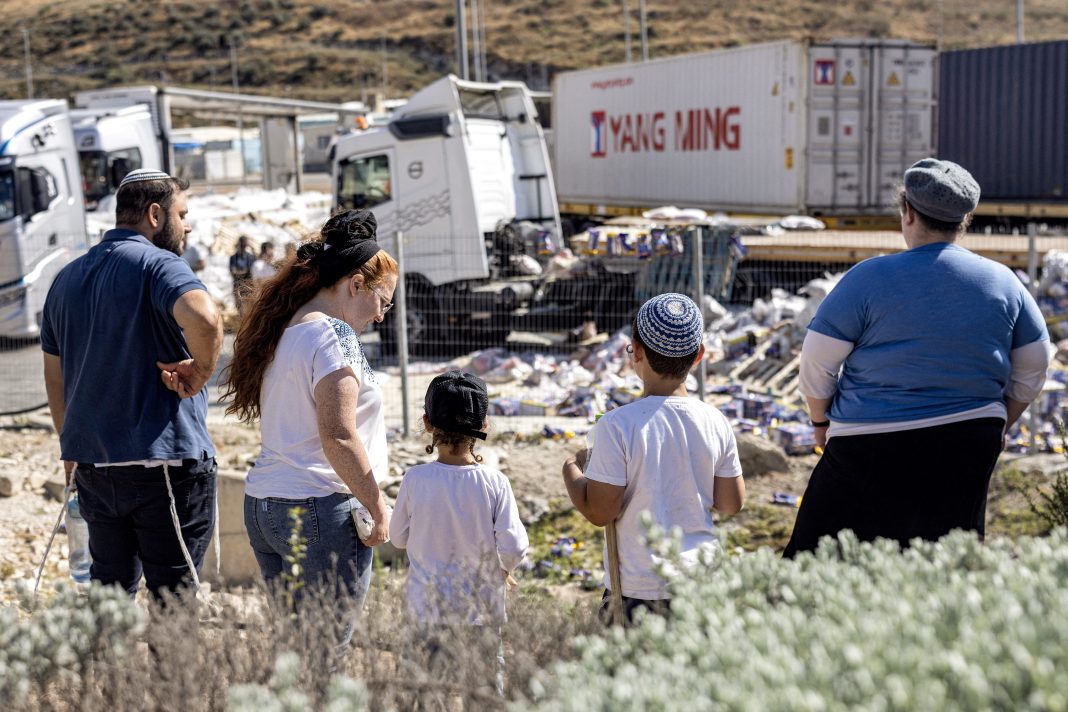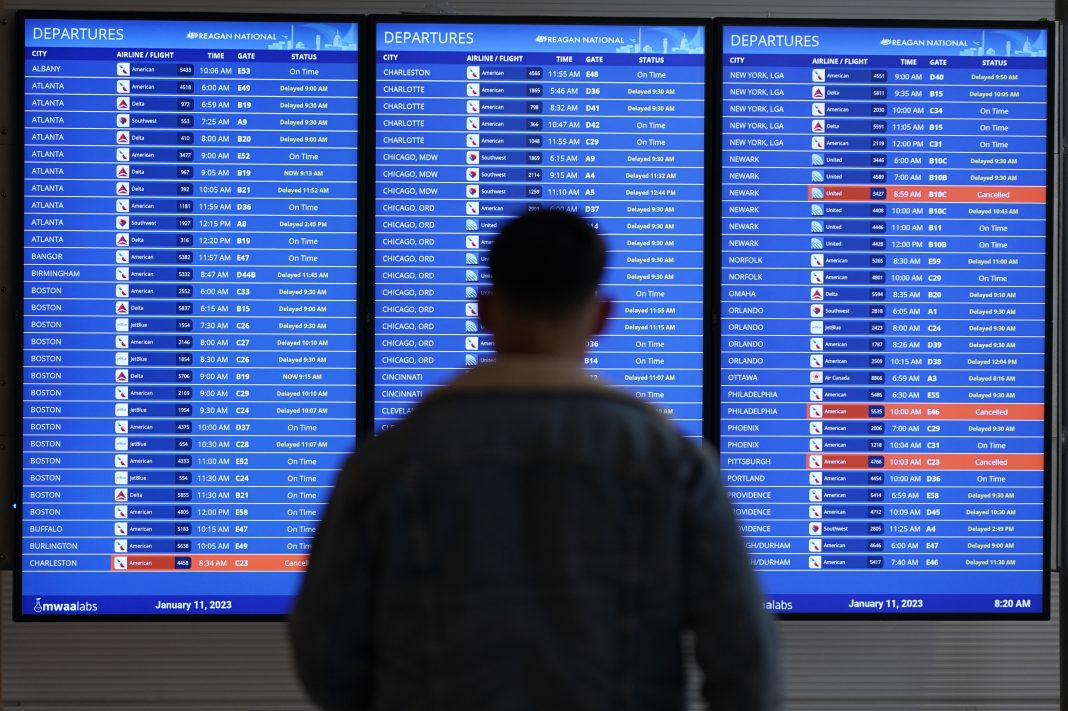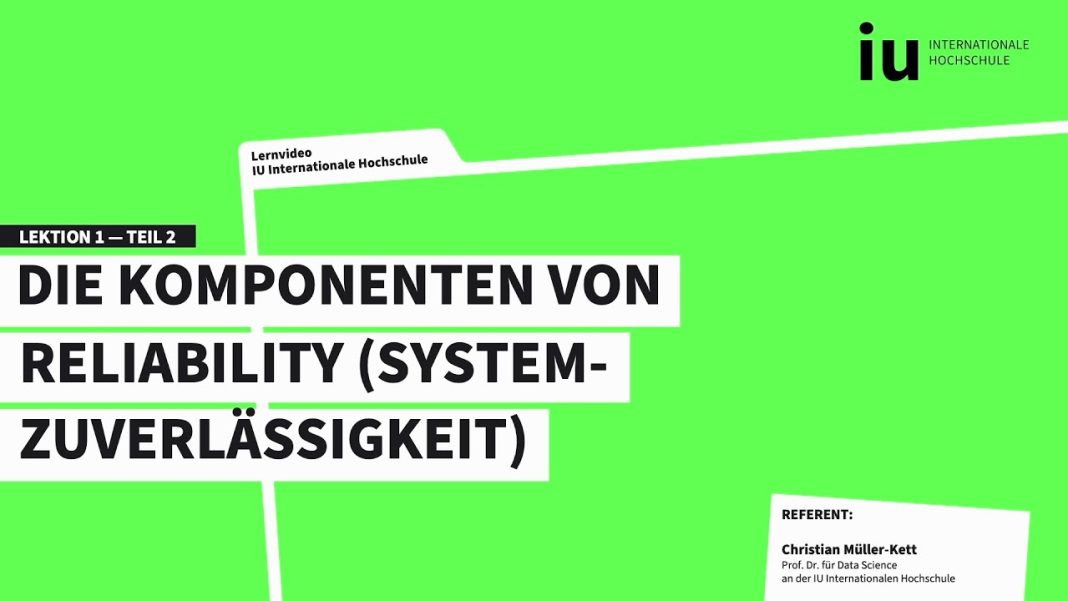Introduction:
In recent months, a disturbing pattern has emerged in Israel, where aid trucks carrying essential supplies to Gaza have been attacked and obstructed by Israeli settlers and state officials. Despite ample evidence of these attacks and the Israeli government’s complicity, the United States has failed to take decisive action. The State Department’s long-awaited report on Israel’s compliance with international humanitarian law concluded that while aid delivery to Gaza remains insufficient, there was not enough evidence to cut off assistance to Israel’s military. However, experts and recent studies contradict these findings, highlighting the indiscriminate attacks on aid workers and civilians in Gaza. This article explores the ongoing challenges faced by aid organizations and the questionable response from the international community.
Attacks on Aid Trucks:
On Monday, a mob of Israeli settlers attacked aid trucks carrying food supplies to Gaza, destroying and pillaging the cargo. This incident is just one example of a pattern that has been playing out for months. Israeli extremists or state officials frequently block or attack humanitarian aid, while the United States offers a weak response or extends further favor to Israel. These attacks have been well-documented on camera and through social media, leaving no doubt about the Israeli government’s complicity.
State Department’s Report:
Despite the evidence, the State Department’s report concluded that Israel is not blocking aid. While expressing “deep concerns” about the Israeli government’s actions and inactions resulting in insufficient aid delivery to Gaza, the report did not find enough evidence to justify cutting off assistance to Israel’s military. This conclusion has been met with skepticism by experts like Allison McManus from the Center for American Progress, who points out the obvious fact of indiscriminate attacks on aid workers and civilians in Gaza. These attacks, including the killing of aid workers and the destruction of healthcare systems, clearly indicate a violation of international law.
Multiple Assaults on Aid Sector:
The days following the release of the State Department’s report witnessed multiple assaults on the aid sector. Israeli forces attacked a United Nations vehicle in Rafah, killing an Indian national staff member. This raised concerns about the safety of American doctors and medical workers stranded in Gaza. Despite these incidents, President Joe Biden announced the approval of another $1 billion in weapons to Israel. The continued violence and attacks on aid workers highlight the lack of accountability and the failure of the international community to address the situation effectively.
Israeli Settlers’ Role:
Israeli settlers have played a significant role in obstructing aid deliveries. In the occupied West Bank, settlers attacked a Palestinian truck driver, mistaking him for an aid truck driver going to Gaza. The Israeli police did not arrest any suspects, further highlighting the lack of consequences for these actions. Videos posted on social media show Israeli demonstrators blocking and destroying aid meant for Gaza, often in the presence of police or military authorities. These demonstrations have intensified after the International Court of Justice found Israel plausibly committing genocide and ordered it to facilitate aid distribution.
Questionable State Department Assessment:
The State Department’s assessment acknowledged that Israel “likely” violated laws using American-supplied weapons. This admission raises questions about a memo issued last year that stated the U.S. would not authorize arms transfers if there was a risk of contributing to human rights or international law violations. The frequency and widespread nature of attacks on aid in Gaza suggest that Israel is systematically targeting aid, as concluded by a recent report from U.K.-based research group Forensic Architecture.
Inadequate Aid Facilitation:
Apart from the deliberate attacks, aid facilitation itself has been substandard. Before October 7, Gaza relied on 500 aid trucks per day due to Israel’s blockade. However, after the assault, Gaza faced a hermetic siege, with days’ worth of aid not reaching its destination. Even when aid deliveries resumed, the pace significantly slowed down. The Israel government has also barred UNRWA from delivering aid to the northern part of Gaza, further exacerbating the situation. The Rafah border crossing with Egypt, a crucial entry point for aid, has also faced hindrances, with trucks waiting for weeks for permission to enter Gaza.
Conclusion:
The ongoing attacks on aid trucks and the obstruction of aid deliveries in Gaza by Israeli settlers and state officials are deeply concerning. Despite the evidence and documented incidents, the international response, particularly from the United States, has been inadequate. The State Department’s report failed to acknowledge the systematic targeting of aid and the violation of international law by Israel. It is crucial for the international community to hold Israel accountable for its actions and ensure the safe and efficient delivery of aid to Gaza.


